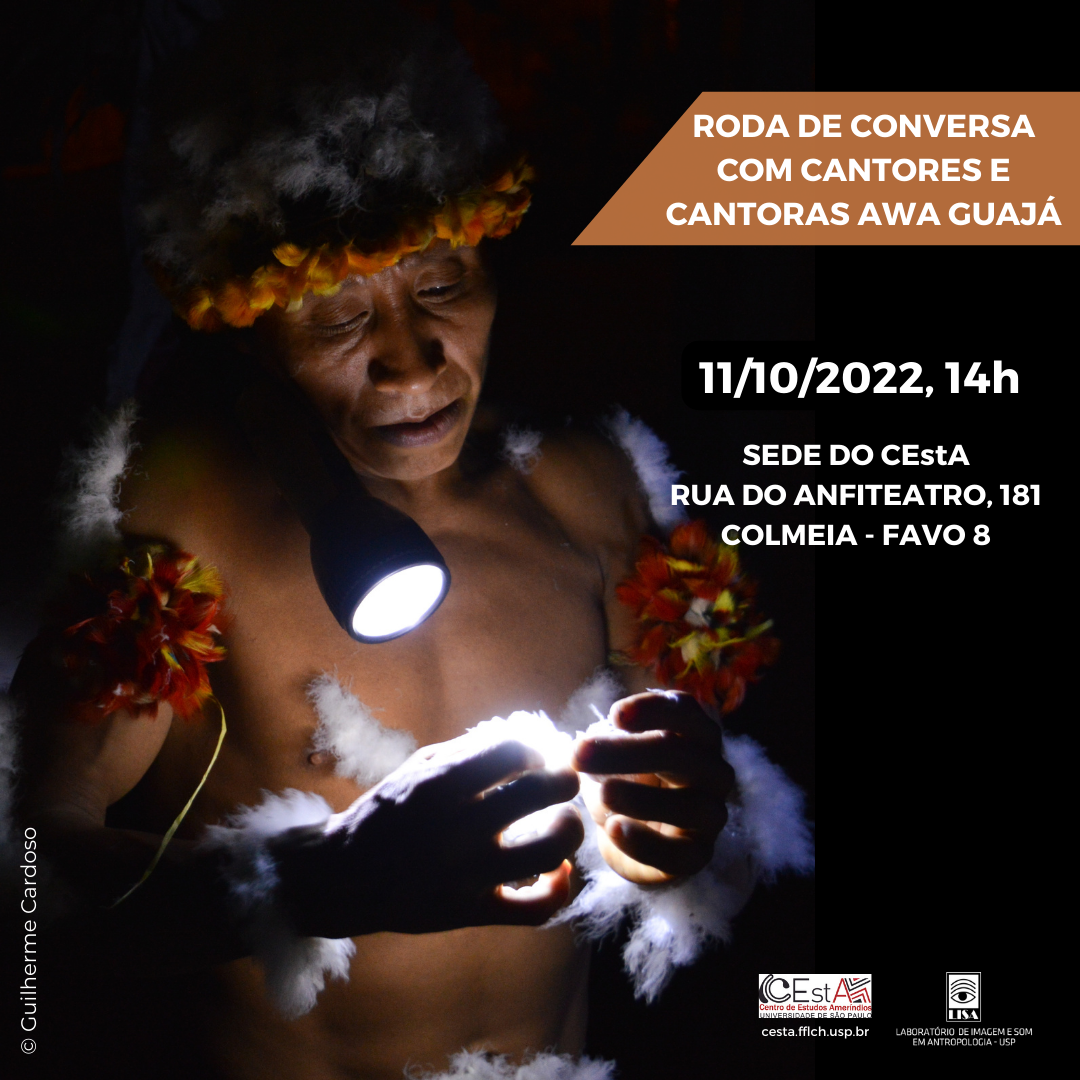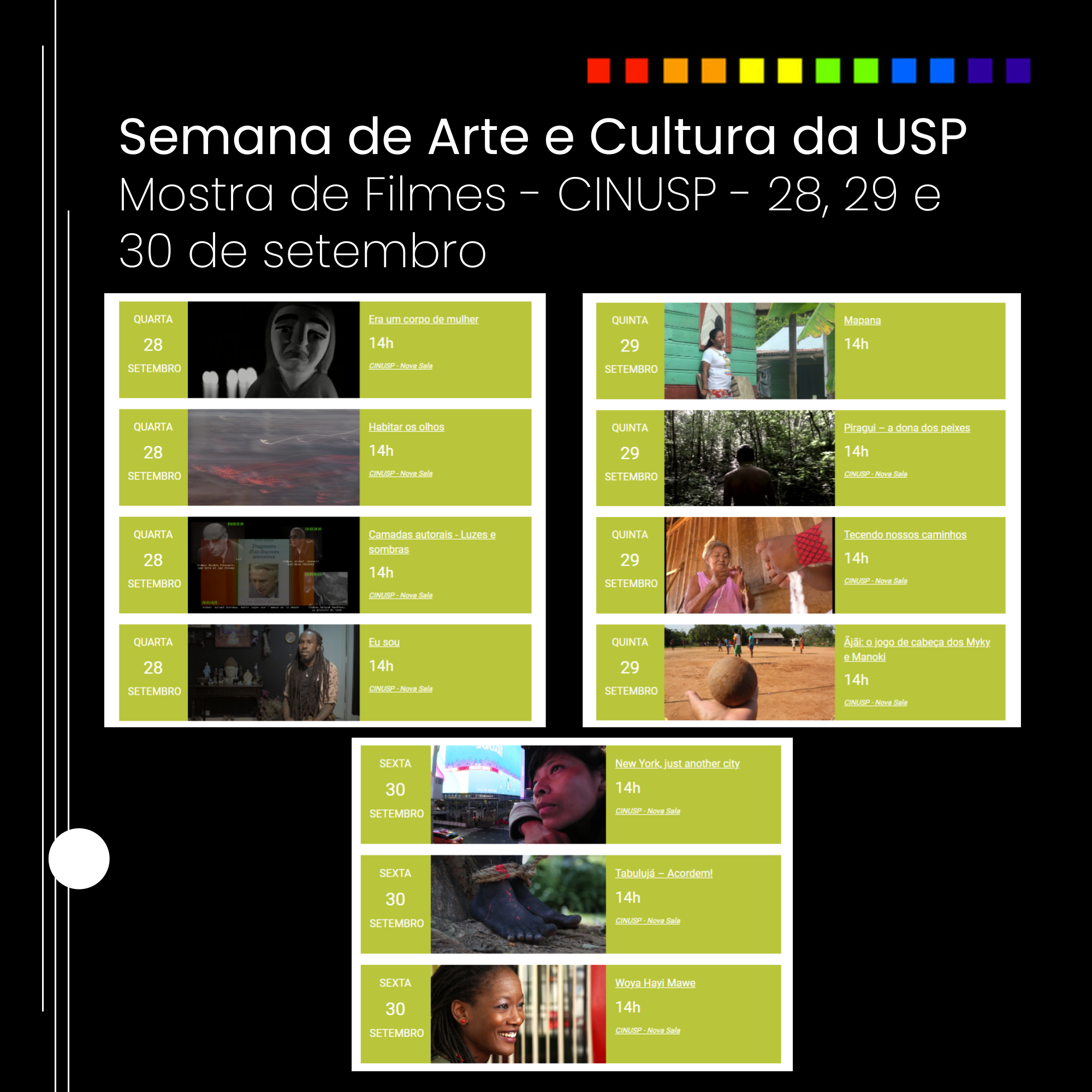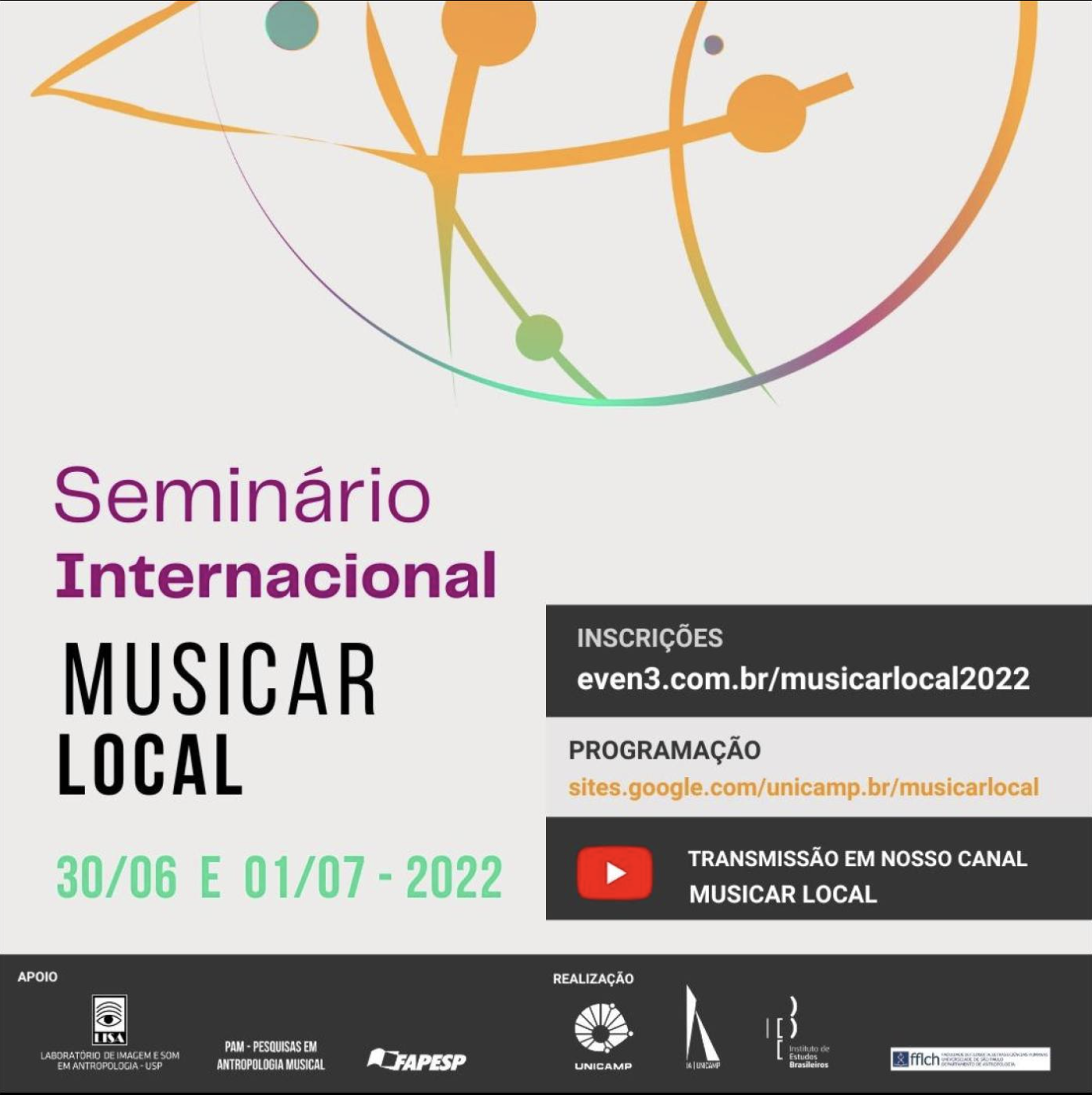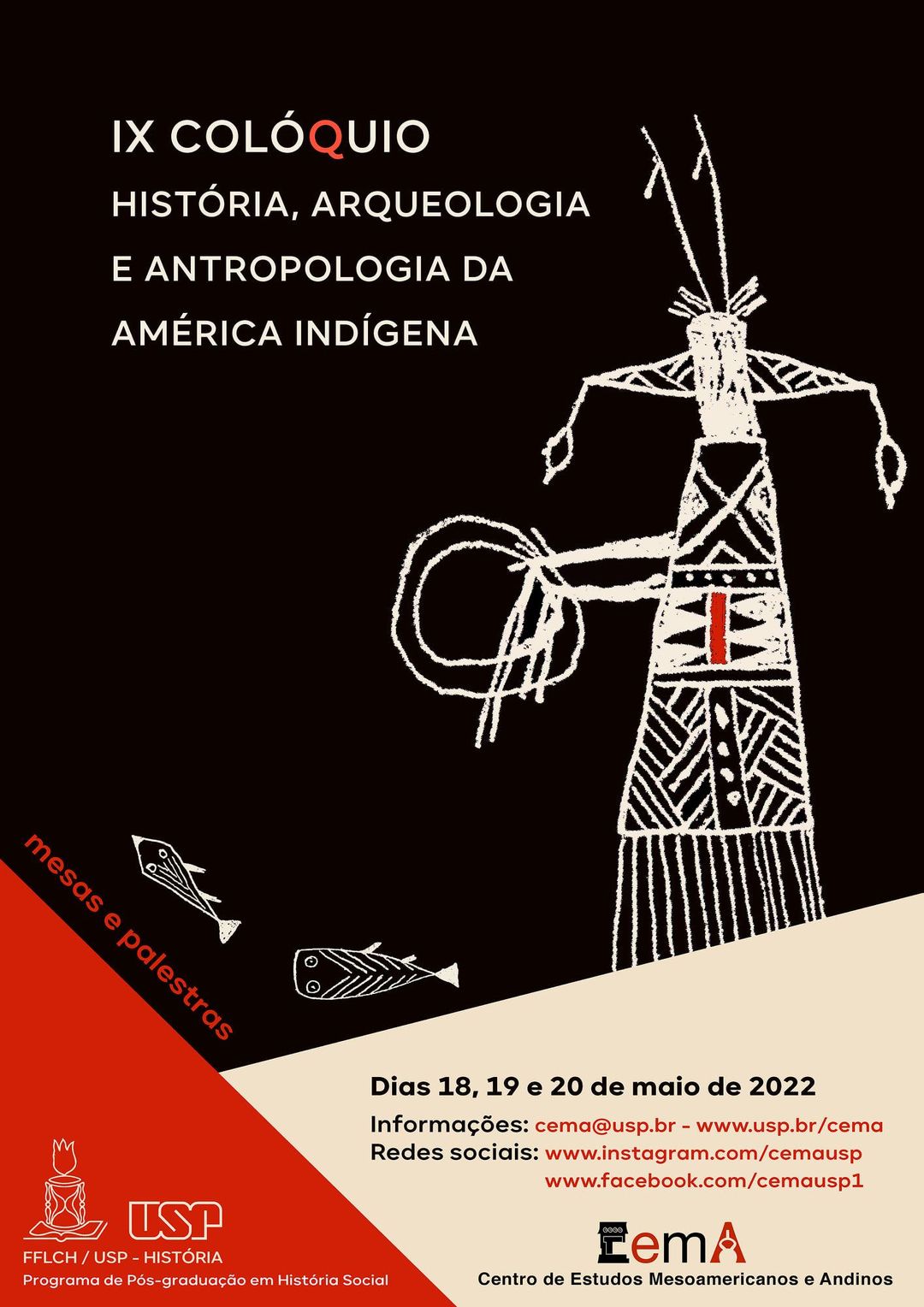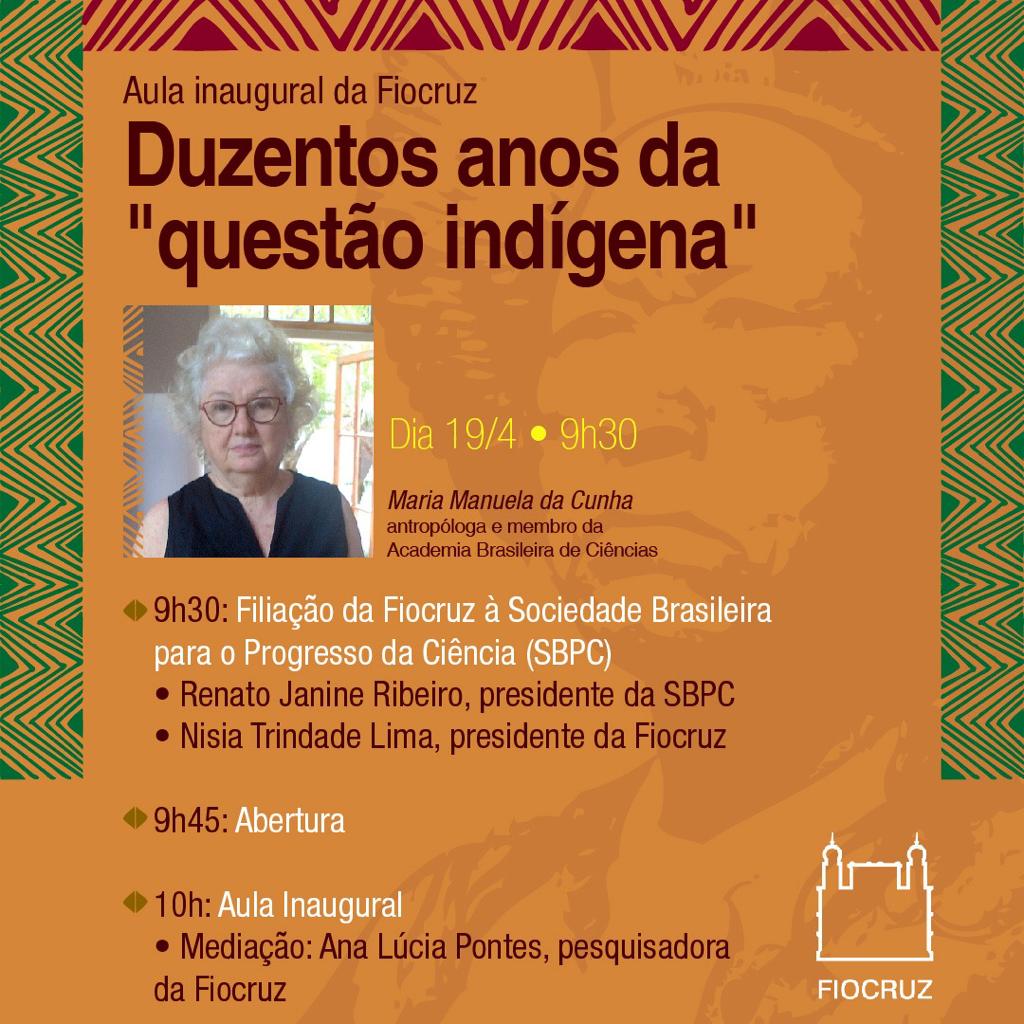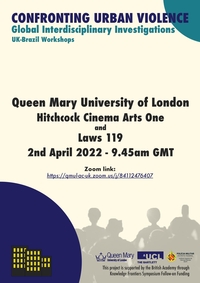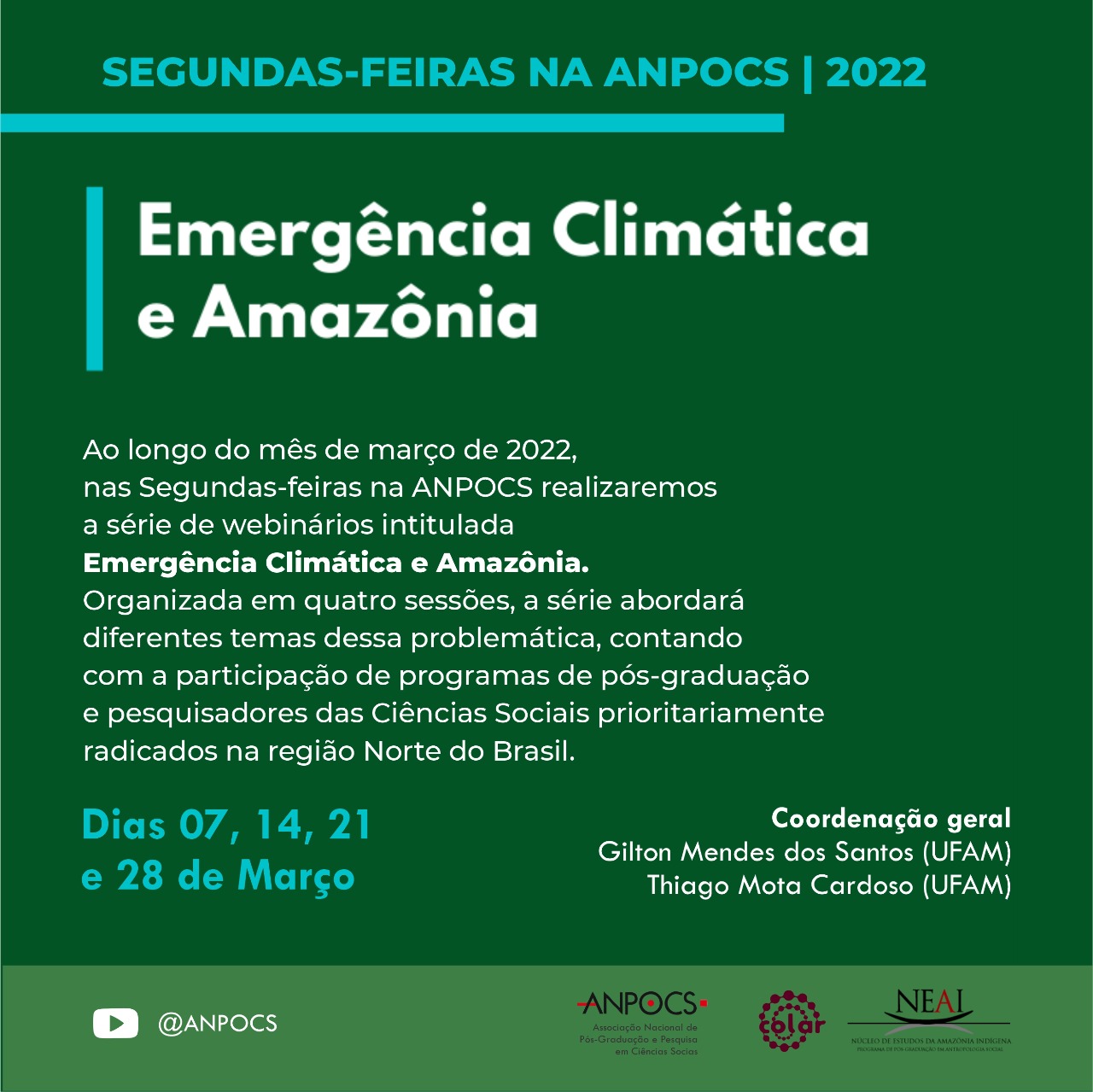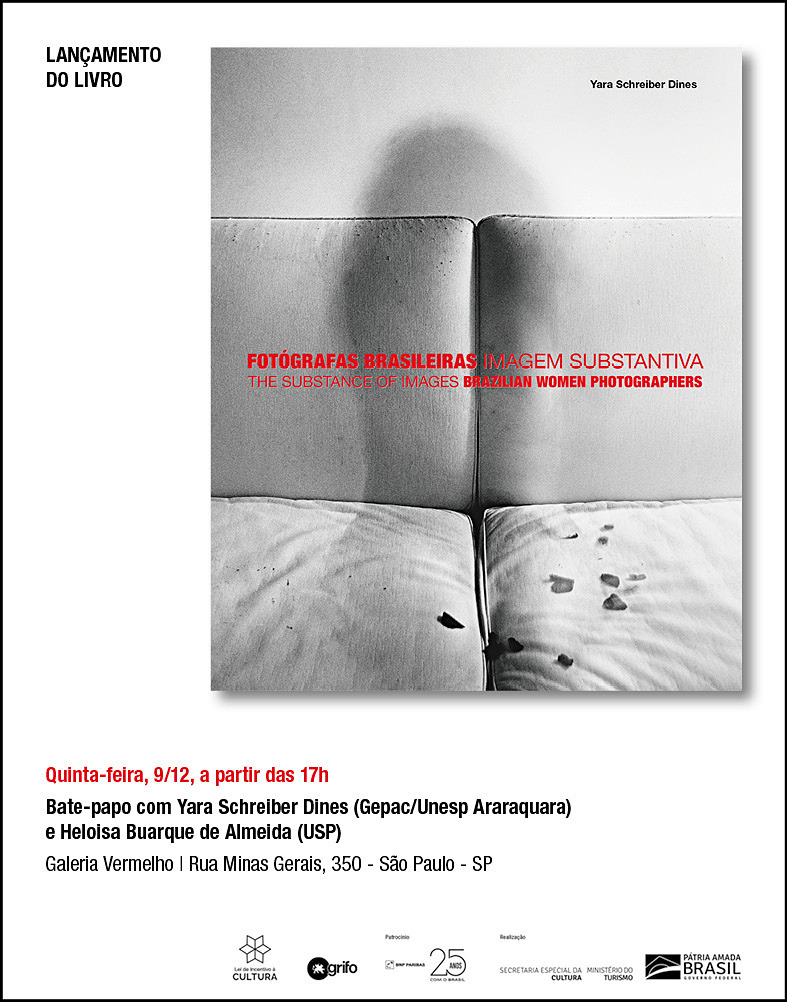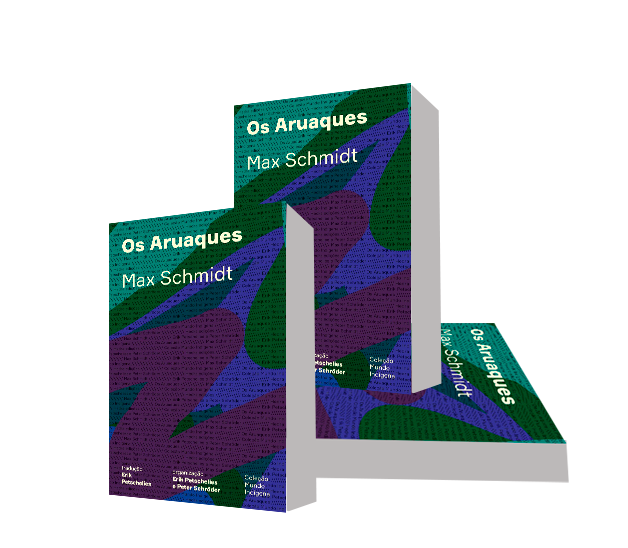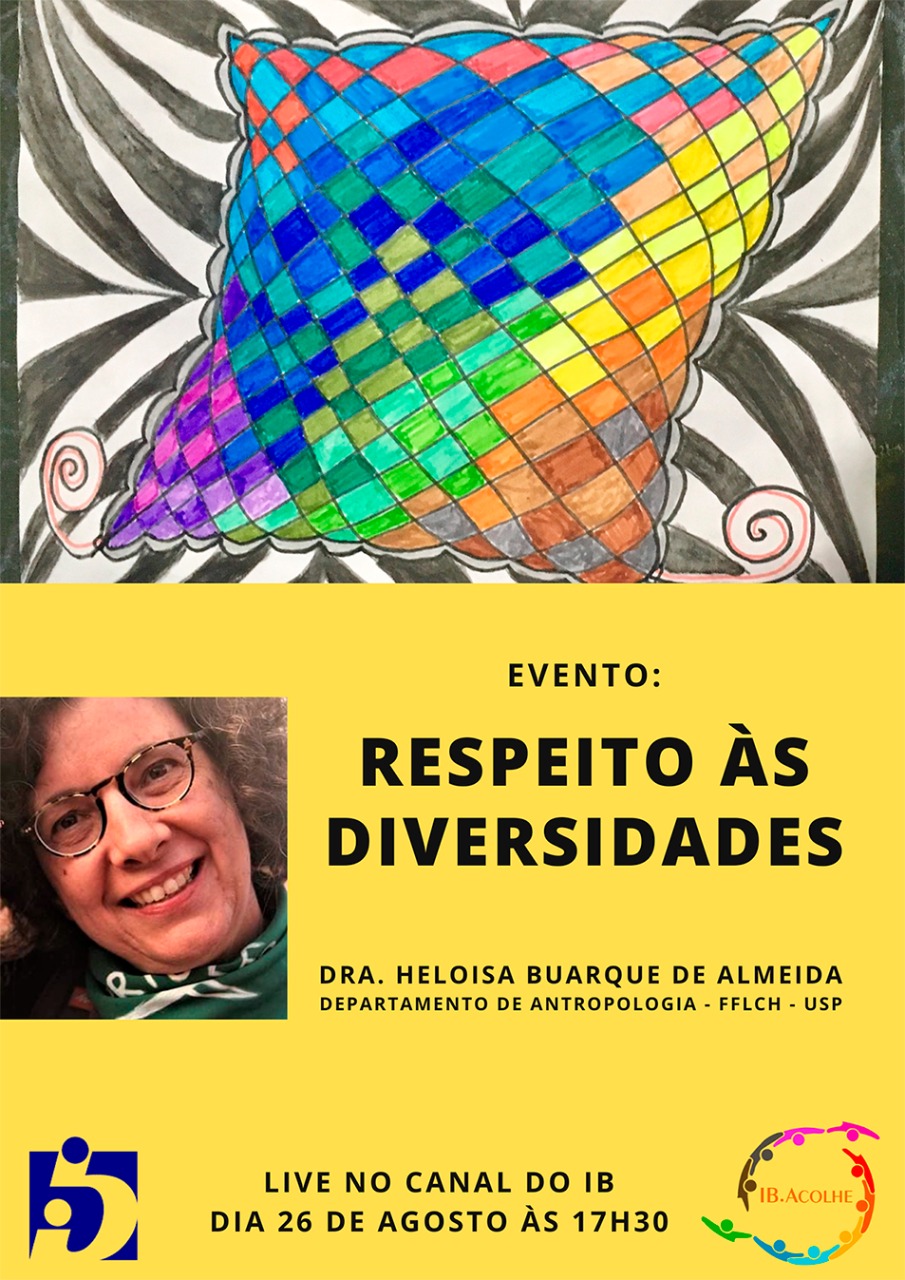Histórico PPGAS Indica
Singing, jãnaha, is the main form of musical expression of the Awa Guajá. Vocal music is present in many moments of your life, be they ritual, mundane, celebration or mourning. Children play singing from an early age, imitating adults who sing all the time. Singing is also the form of communication for the karawara, the beings that inhabit the celestial layers of the cosmos, the iwa. It is on the trip to the iwa that you learn to sing with the karawara. One of the privileged occasions for singing and listening to the chants is the ritual in which the awa men ascend to heaven, accompanied by the female chants, and the karawara descend to the ground to sing and dance. Concerned with the intergenerational transmission of songs and the recording of an almost endless repertoire, the Awa Guajá have experimented with performing outside the villages so that more people can get to know them and strengthen the song among the younger Awa. In this event, a group of Awa singers and singers from the Caru and Awa Indigenous Lands, both located in the Maranhense Amazon, will tell their story, present some of these songs, talk about their meanings and the experience of sharing them with indigenous and non-indigenous audiences. .
Singers:
Irakatakua Awa Guajá
Jawawyxa'a Awa Guajá
Piranẽ Awa Guajá
Tamata'ia Awa Guajá
Warixa'a Awa Guajá
Itaxĩa Awa Guajá
Majakatỹa Awa Guajá
Inamexĩa Awa Guajá
Singers:
Haxi'ĩa Awa Guajá
Imu'ĩa Awa Guajá
Researchers:
Guilherme Ramos Cardoso (Doctor in Social Anthropology – Unicamp)
Flávia de Freitas Berto (PhD in Linguistics and Portuguese Language – Unesp, professor at the U.I.E.E.I. Pape Japoharipa 'Yruhu)
CINUSP hosts an exhibition of films from LISA-USP during the USP Art and Culture Week. Follow the schedule on September 28, 29 and 30 on the CINUSP website (http://www.usp.br/cinusp/) .
Sessions on the 28th will be attended by Renato Albuquerque, director of Eu sou. The sessions on the 29th will feature Marta Tipuici, director of Tecendo Nosso Caminhos e Ãjãi, and André Lopes Neves, director of Ãjãi. Finally, on the 30th, Rose Satiko Hikiji, director of Tabulujá and Woya Hayi Mawe, and André Lopes Neves, director of New York, just another city will be present.
The thematic project Musicar Local and the group Pesquisas em Antropologia Musical (PAM) invite you to the International Seminar Musicar Local, to be held on 06/30 and 07/1 online. The event marks the 6th anniversary of the thematic project and aims to show and celebrate the production carried out by its members, in addition to building together with invited researchers a critical reflection on the approach developed. Registration is optional and free! Visit: https://www.even3.com.br/
The schedule and abstracts of the IX Colloquium History, Archeology and Anthropology of Indigenous America, which will be held on May 18, 19 and 20, are now available on the CEMA/USP website. The event will be broadcast on the FFLCH/USP YouTube channel. For more information access: Program and abstracts book.
Two hundred years of the "indigenous question" will be the theme of Fiocruz's inaugural class in 2022. The activity will receive the speaker Manuela da Cunha, an anthropologist, a reference in studies on ethnology and historical anthropology. The event will take place at 9:30 am, broadcast on Fiocruz's YouTube channel.
Research developed at the Department of Anthropology at USP is presented at an event at the Queen Mary University of London on Migration, Policy and Urban Violence.
Zoom link: https://qmul-ac-uk.zoom.us/j/84112476407
Climate Emergency and Amazon Cycle, promoted by NEAI-UFAM in partnership with ANPOCS. Series on four tables ("episodes"), which will take place every Monday during this month of March. A topic generally known from the perspective of the natural sciences, this series will deal with the subject from the perspective of the social sciences, involving different academic specialists (especially from PPG's from the North of Brazil) and indigenous peoples of the region. Mondays at ANPOCS | Climate, Environment and Social Sciences - 03/07, 17:00 . Mondays at ANPOCS | The amazonic city: between water, land and air - 03/14, 17:00 . Mondays at ANPOCS | Between management and conflagration: fire and deforestation in the Amazon and elsewhere - 03/21 . Mondays at ANPOCS | Water dam, weather break - 03/28, 17:00 .
Launch with a chat with Yara Schreiber Dines (Gepac/Unesp Araraquara) and Heloísa Buarque de Almeida (USP)
Yara Schreiber Dines' book addresses a wide variety of views and different language trends, featuring more than 60 female photographers from the early 20th century to the present day. The images are accompanied by information about the unique trajectory of each photographer and by rich testimonies, registered exclusively for the book that seeks to situate this production in the scope of memory, gender, visual anthropology and the history of photography. In its 256 pages, the work unveils this unprecedented panorama of feminine and substantive photography in Brazil.
The book is edited by Grifo Projetos, carried out by the Special Secretariat for Culture of the Ministry of Tourism, sponsored by BNP Paribas, supported by the Moreira Salles Institute and the Culture Incentive Law.
http://observamus.com.br/index.php/arauaques/
Max Schmidt (1874-1950) dedicated his life to study the South American indigenous peoples. Despite his great contribution to the study of the cultures and history of these peoples, his work is still little known in Brazil. He is the author of the classic Os Aruaques, originally published in 1917, a book that to this day occupies the place of one of the most original and important studies of South American ethnology.
Written at the beginning of the last century, during the period of the First World War, Os Arauaques was originally produced as Schmidt's doctoral thesis and the ideas presented there mark the knowledge about these and other peoples since then.
Schmidt carried out three expeditions in Central Brazil and Paraguay (1900, 1910, 1926-28) and is considered one of the most important characters in the German tradition in Americanist ethnology in the 20th century. He emigrated from Germany in 1929, first to Brazil and then to Paraguay, where he died near Asuncion in 1950.
This speech by Professor Heloisa Buarque de Almeida takes up an overview of the issues and aggressions related to gender, race, sexuality and class that affect academic life, based on data from her experience at USP as a professor, active in the Non-Cala USP Network and involved with human rights issues. Information and withdrawals from the research "Interactions at USP" are also indicated in this speech, at the invitation of the committee "Welcomes IB".
Access link: https://www.youtube.com/watch?v=s7CPb1EcFMM


